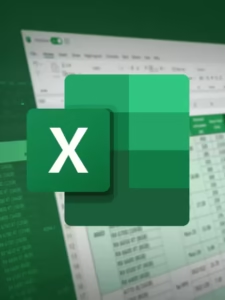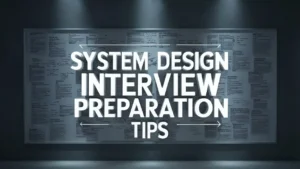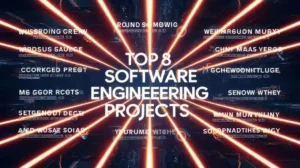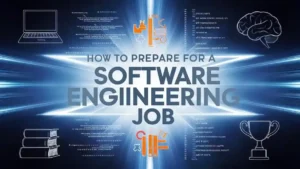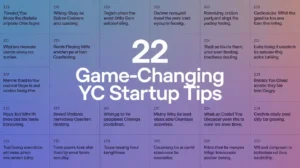Preparing for a Kubernetes Administrator Interview requires a deep understanding of its architecture, practical skills, and the ability to handle scenario-based questions. This guide will help you cover the essential concepts and provide tips to excel in your Kubernetes interview.
Key Concepts & Fundamentals
Architecture
Understanding how Kubernetes works under the hood is crucial. This includes:
Master Node Components:
kube-apiserver: Manages API requests.
kube-scheduler: Assigns pods to nodes.
kube-controller-manager: Runs controller processes.
etcd: Stores configuration data.
Worker Nodes:
kubelet: Ensures containers are running.
kube-proxy: Manages network rules.
Container Runtime: Executes containers.
Core Concepts:
Pods: Smallest deployable units.
Deployments: Manages replica sets.
ReplicaSets: Ensures a specified number of pod replicas.
Services: Stable endpoints for accessing pods.
Ingress: Manages external access to services.
Networking
Understanding how communication works within and outside the cluster is key:
Service Types: ClusterIP, NodePort, LoadBalancer.
Ingress Controllers: Manage external access.
Network Policies: Control traffic between pods.
Storage
Kubernetes provides multiple options for persistence:
Persistent Volumes (PV): Storage resources in the cluster.
Persistent Volume Claims (PVC): Requests for storage by users.
Storage Classes: Define different storage types.
Security
Securing your Kubernetes cluster and applications involves:
Role-Based Access Control (RBAC): Manages permissions.
Secrets Management: Stores sensitive information securely.
Network Policies and Security Policies: Control traffic and ensure compliance.
ConfigMaps and Secrets
Understanding how to manage non-confidential (ConfigMaps) and confidential (Secrets) configuration data for applications.
Beyond the Basics (Good to Have)
Operators
Learn how to extend Kubernetes functionality to manage complex stateful applications.
Service Mesh
Understand service mesh concepts and tools like Istio and Linkerd for managing microservices.
CI/CD Integration
Know how to integrate Kubernetes into your continuous integration and delivery pipelines.
Cloud-Specific Features
Leverage managed Kubernetes services (EKS, AKS, GKE) for cloud-based deployments.
Scenario-Based Questions
Be ready to discuss and solve real-world Kubernetes problems:
Deployment Strategies: Blue-green, canary, rolling updates.
Scaling: Handling increased traffic, manual vs. automatic scaling.
High Availability: Building resilient clusters, self-healing mechanisms.
Monitoring & Logging: Setting up effective monitoring and log aggregation.
CI/CD Integration: Integrating Kubernetes into development pipelines.
Practical Skills
Clusters
Set up clusters using tools like Minikube (for local practice) or cloud-based solutions (AWS EKS, Azure AKS, Google GKE).
kubectl
Gain proficiency with kubectl commands:
Creating, deploying, and managing resources.
Troubleshooting pods and services.
YAML
Become fluent in writing configuration files for pods, services, and deployments.
Helm
Learn to use Helm for package management and deployment of complex applications.
Interview Tips (That Matters the Most)
Show Your Passion
Talk about projects you’ve worked on with Kubernetes, even personal or open-source projects.
Explain Clearly
Describe your answers clearly, even if they seem simple.
Honesty is OK
It’s better to admit what you don’t know than to guess. It shows honesty and willingness to learn.
Ask Questions
Demonstrates engagement and thoughtfulness about the interviewer’s environment.
Conclusion: How to ace a Kubernetes Administrator Interview
Preparing for a Kubernetes interview requires a strong grasp of its fundamental concepts, practical skills, and the ability to tackle scenario-based questions. By focusing on the architecture, networking, storage, security, and practical application of Kubernetes, you can confidently navigate through your interview. Additionally, showcasing your passion, clear communication, honesty, and curiosity will help you stand out as a knowledgeable and motivated candidate.






